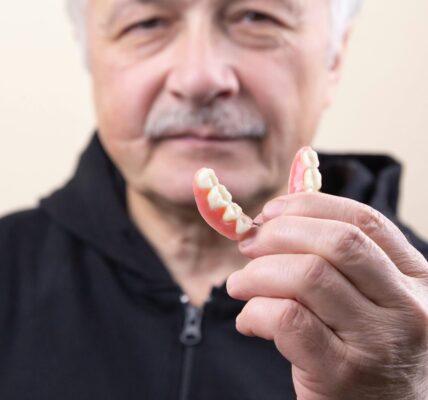Tooth enamel, the hard outer layer of your teeth, serves as the first line of defense against decay, sensitivity, and wear. While enamel cannot regenerate, the foods you consume can significantly influence its health and strength. A balanced diet rich in essential nutrients plays a vital role in maintaining and even enhancing tooth enamel. This article explores how diet impacts enamel health and highlights specific foods that can boost your smile.
Understanding Tooth Enamel
Tooth enamel is composed mainly of hydroxyapatite, a crystalline calcium phosphate. It is the hardest substance in the human body, designed to withstand the forces of chewing and protect teeth from external elements. However, enamel can become weakened due to various factors, including acidic foods, sugary snacks, and poor oral hygiene. Once enamel is lost, it cannot be replaced, making it crucial to take proactive measures to protect and strengthen it.
The Impact of Diet on Enamel Health
Diet plays a significant role in the health of your tooth enamel. The foods you eat can either contribute to enamel erosion or support its strength. Here are some key ways diet influences enamel health:
- Acidity: Foods and beverages with high acidity can erode enamel over time. Citrus fruits, soda, and certain wines can lower the pH level in your mouth, leading to enamel wear.
- Nutrient Deficiency: A lack of essential nutrients, such as calcium, phosphorus, and vitamins D and C, can weaken enamel. These nutrients are vital for remineralization and overall oral health.
- Saliva Production: Foods that promote saliva production can help neutralize acids and wash away food particles. Saliva is crucial for maintaining a balanced oral environment.
Foods to Boost Your Enamel Health
Incorporating specific foods into your diet can significantly enhance tooth enamel health. Here’s a closer look at some of the best options:
- Dairy Products
- Milk, Cheese, and Yogurt: These are excellent sources of calcium and phosphorus, both essential for strengthening enamel. Dairy products also contain casein, a protein that helps form a protective layer on teeth, aiding in remineralization.
- Leafy Greens
- Spinach, Kale, and Broccoli: These greens are rich in calcium and other minerals, which support enamel health. They also contain folic acid, which is beneficial for gum health.
- Nuts and Seeds
- Almonds and Sesame Seeds: These are high in calcium and healthy fats. Nuts can also stimulate saliva production, helping to protect enamel.
- Fruits and Vegetables
- Crunchy Produce: Apples, carrots, and celery are great choices. Their fibrous texture helps stimulate saliva production, which neutralizes acids and cleanses the mouth.
- Fish
- Salmon and Sardines: These fatty fish are rich in omega-3 fatty acids and vitamin D, both important for calcium absorption and overall oral health.
- Whole Grains
- Brown Rice, Oats, and Whole Wheat Bread: Whole grains provide essential nutrients, including B vitamins and minerals, which support oral health.
- Green and Herbal Teas
- Green Tea: Rich in antioxidants, green tea can help reduce bacteria in the mouth and promote oral health. Herbal teas like chamomile can also have soothing effects.
- Water
- Hydration: While not a food, drinking plenty of water is crucial for maintaining saliva flow and rinsing away food particles and acids.
Foods to Avoid
To protect your tooth enamel, it’s essential to limit the consumption of certain foods and beverages:
- Sugary Snacks and Beverages: Sugar feeds bacteria in the mouth, leading to acid production and enamel erosion.
- Acidic Foods and Drinks: Citrus fruits, vinegar-based dressings, and sodas can erode enamel. If consumed, rinse your mouth with water afterward.
- Starchy Foods: Foods like white bread and chips can stick to teeth and contribute to plaque formation.
- Hard Candy and Gum: These can lead to enamel wear and increase the risk of cavities.
Additional Tips for Enamel Protection
In addition to a balanced diet, here are some tips to further protect your tooth enamel:
- Maintain Good Oral Hygiene: Brush your teeth twice a day with fluoride toothpaste and floss daily to remove plaque and food particles.
- Regular Dental Visits: Schedule regular check-ups and cleanings with your dentist to monitor enamel health and catch any issues early.
- Use a Mouthguard: If you grind your teeth at night, consider using a mouthguard to protect your enamel from wear.
Conclusion
Tooth enamel health is crucial for a bright, confident smile. By focusing on a diet rich in calcium, phosphorus, and other essential nutrients, you can support and strengthen your enamel. Incorporate dairy products, leafy greens, nuts, crunchy fruits, and water into your meals while limiting sugary and acidic foods. Remember that a holistic approach, combining a healthy diet with good oral hygiene practices, will provide the best protection for your enamel and overall dental health. Prioritize your smile—it’s worth it!




